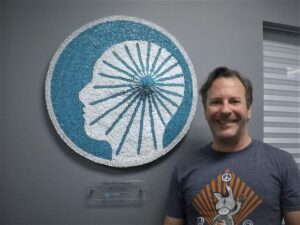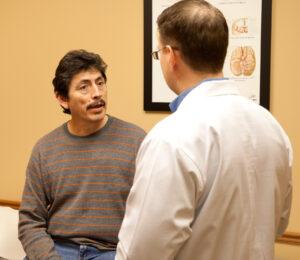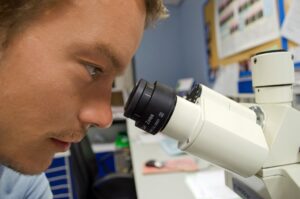
Dehydration in Parkinson’s: Symptoms, Risks & Tips
Dehydration is always a risk of disease and aging. Dehydration in Parkinson’s disease (PD) is a major health concern. Symptoms of PD contribute to and also mask dehydration, and the risks associated with becoming dehydrated can significantly worsen already compromised neurological function.
Knowing the risk factors, signs of dehydration and steps for staying hydrated can help you manage this concern, whether you’re a caretaker or someone with Parkinson’s.









